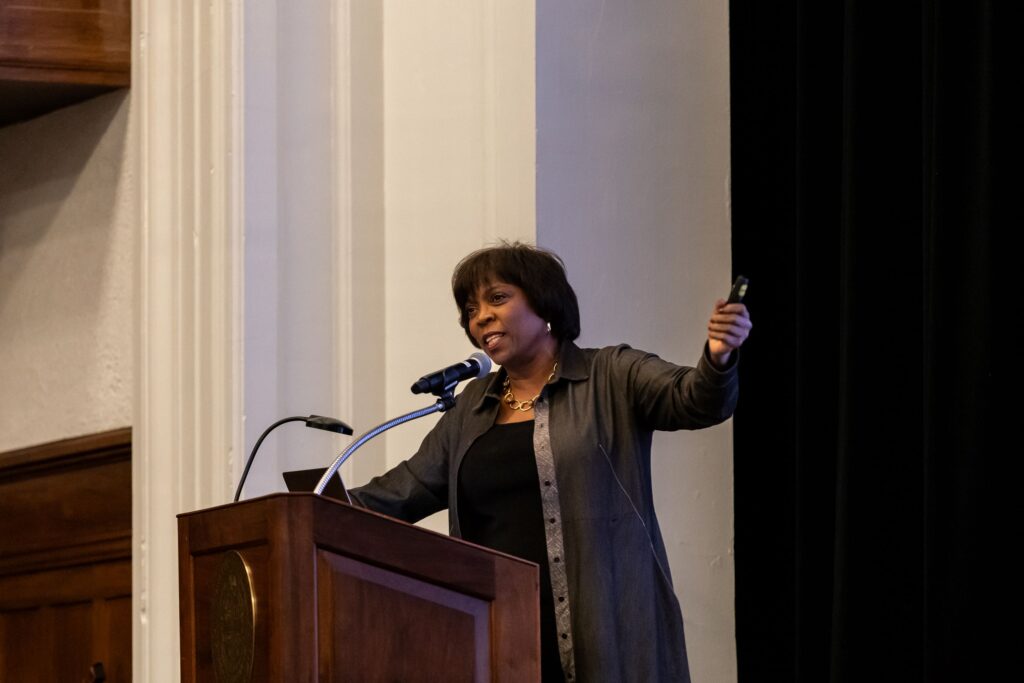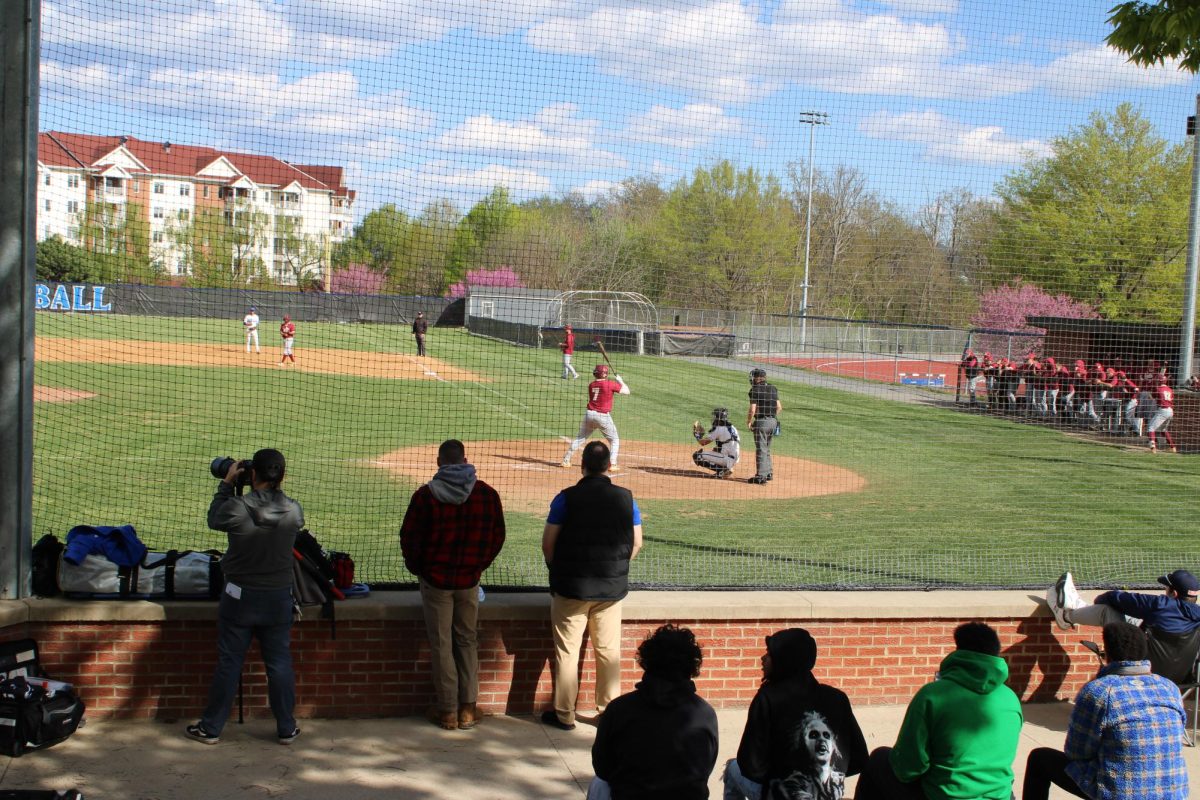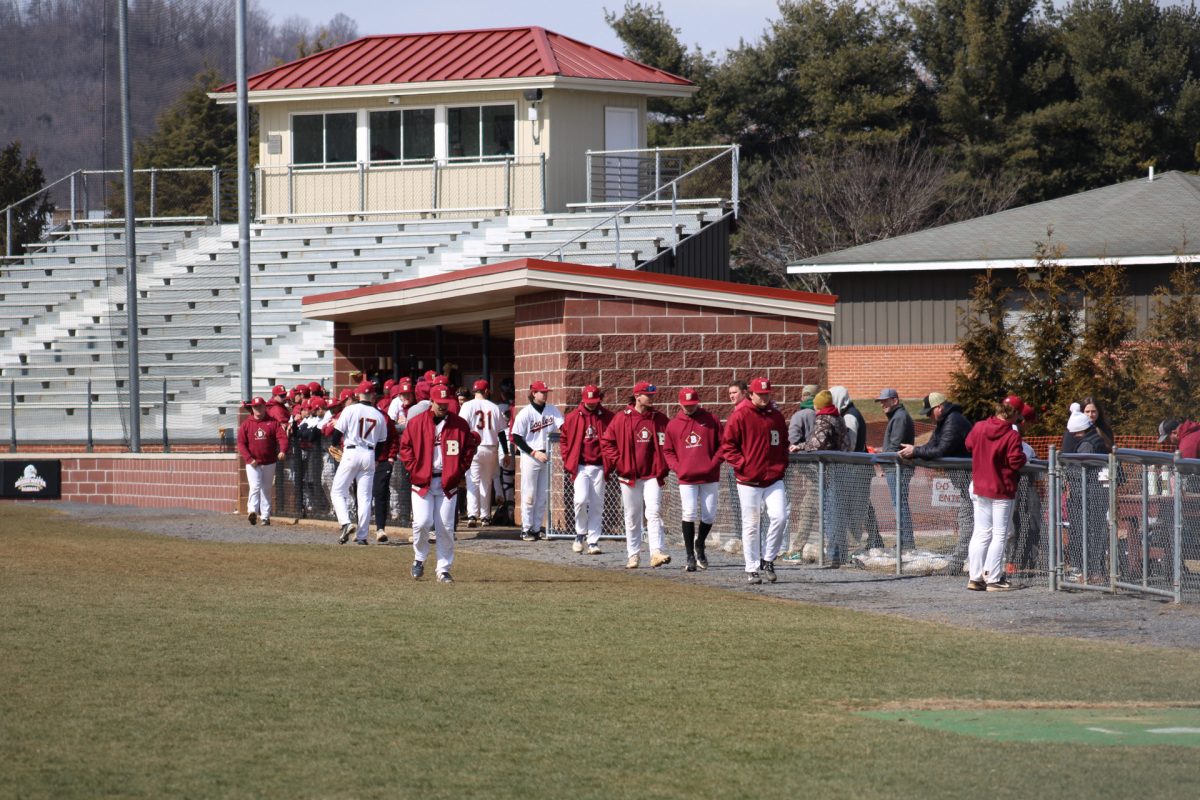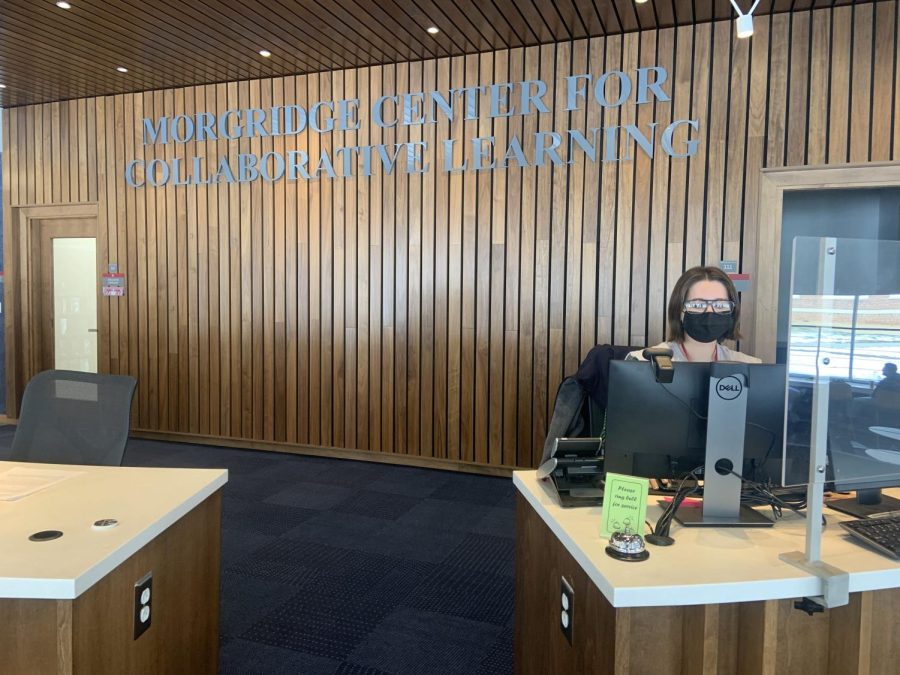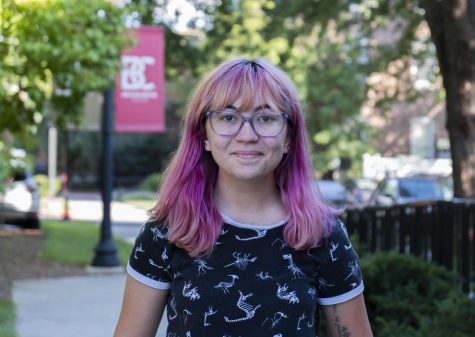Students Paid Subminimum Wage
Fourth-year Lilyin Emmons has worked at the circulation desk through BC’s work study program for the last four years. While the minimum wage in Virginia has gone up to $11 an hour, students will continue to be paid $9.50 because of federal guidelines.
January 25, 2022
Bridgewater, Va .- While the minimum hourly wage in Virginia has been raised to $11, Bridgewater College will continue paying student workers an hourly wage of $9.50 as the work-study programs are excluded from state minimum wage guidelines.
The Code of Virginia, which explains minimum wage guidelines for the state, specifically excludes “[a]ny person of any age who is currently enrolled on a full-time basis in any secondary school, institution of higher education, or trade school and is in a work-study program or its equivalent at the institution at which he is enrolled as a student” from the definition of an “employee” in the state.
This means students are not subject to the same minimum wage laws as other “employees” in Virginia.
Additionally, aspects of the work study programs at BC are federally funded, meaning Bridgewater College is subject to the federal minimum wage guidelines. The college is only required to pay student workers an hourly wage of $7.25. Last semester, BC raised the minimum hourly wages of work study programs to $9.50.
“There are two categories of work study students: Federal and Regular. Federal work study student[s] receive the award of federal work study dollars as part of their financial aid package,” said Director of Human Resources Kimberly P. Harper. “The Regular work study wages are paid with College dollars.”
While wages increase, the amount of funding available for these programs remains limited.
“As wages are increased with limited funding, the number of work study jobs available to student[s] could decrease,” said Harper. “The College must balance the need for this career preparation and experience opportunity with the affordability of the program.”
All student workers received an email from Harper explaining that student wages would stay the same this semester after Human Resources received questions about how the minimum wage increase would impact student pay. Some students also received additional emails from their supervisors with the news beforehand.
“I am a big advocate for giving workers pay they can live off of, so at first I was upset the college was not going to be raising the wage again,” said fourth-year Lilyin Emmons.
Emmons has worked at the circulation desk in the FLC for four years and was present for the wage increase to $9.50 at the beginning of the 2021-2022 school year.
“I don’t know how this stuff works, but I don’t see why the wage can’t be raised when students have a cap on how much their work-study pays,” said Emmons. “I can work roughly 20 hours every pay period I think, but if I hit the limit on my grant, I can not work anymore for the program. I have never once hit the limit, even with the 9.50 pay. I don’t know anyone who has.”


